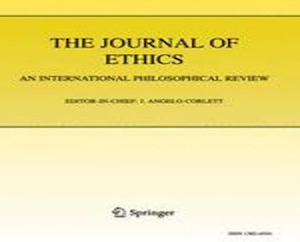New article: ‘On the Absence of Moral Goodness in Hobbes’s Ethics’ by Johan Olsthoorn
Abstract
This article reassesses Hobbes’s place in the history of ethics based on the first systematic analysis of his various classifications of formal goodness. The good was traditionally divided into three: profitably good, pleasurably good, and morally good (bonum honestum). Across his works, Hobbes replaced the last with pulchrum—a decidedly non-moral form of goodness on his account. I argue that Hobbes’s dismissal of moral goodness was informed by his hedonist conception of the good and accompanied by reinterpretations of right reason and natural law. By dispensing moral goodness and insisting on the hedonist and relational nature of the good, Hobbes moreover recast and rendered more urgent the question of why we should be moral. Hobbes is commonly thought to have raised this question so starkly because of his general insensitivity to the demands of justice. My analysis suggests that it may also, or rather, have been due to his restrictive conception of the good. A comparison with other moral philosophers from the period—including Suárez, Gassendi, Locke, and Pufendorf—indicates how unusual Hobbes’s jettisoning of moral goodness was.





